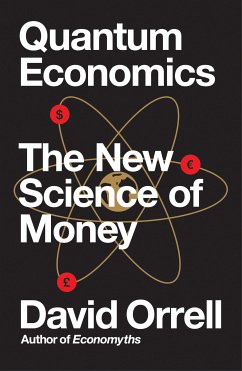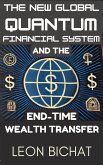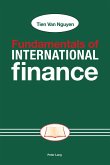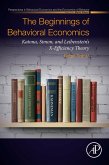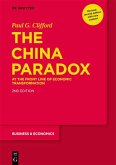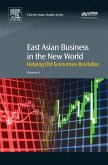Economics sees itself as the science of scarcity. Instead, it should be the science of money (which plays a surprisingly small role in mainstream theory). And money is a substance that turns out to have a quantum nature of its own.
Just as physicists learn about matter by studying the exchange of particles at the subatomic level, so economics should begin by analysing the nature of money-based transactions. Quantum Economics therefore starts with the meaning of the phrase 'how much' - or, to use the Latin word, quantum.
From quantum physics to the dualistic properties of money, via the emerging areas of quantum finance and quantum cognition, this profoundly important book reveals that quantum economics is to neoclassical economics what quantum physics is to classical physics - a genuine turning point in our understanding.
Dieser Download kann aus rechtlichen Gründen nur mit Rechnungsadresse in A, B, BG, CY, CZ, D, DK, EW, E, FIN, F, GR, H, IRL, I, LT, L, LR, M, NL, PL, P, R, S, SLO, SK ausgeliefert werden.

